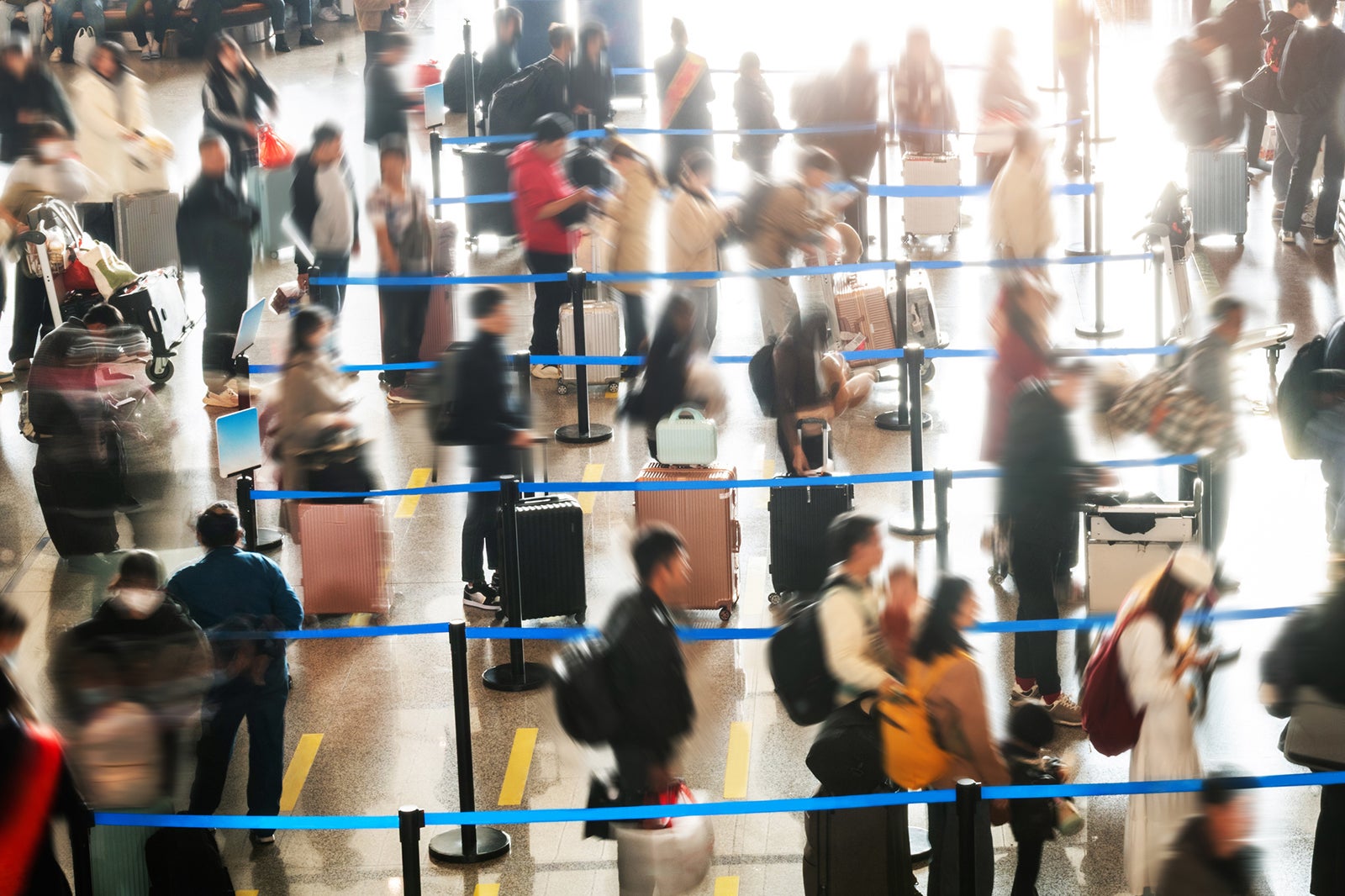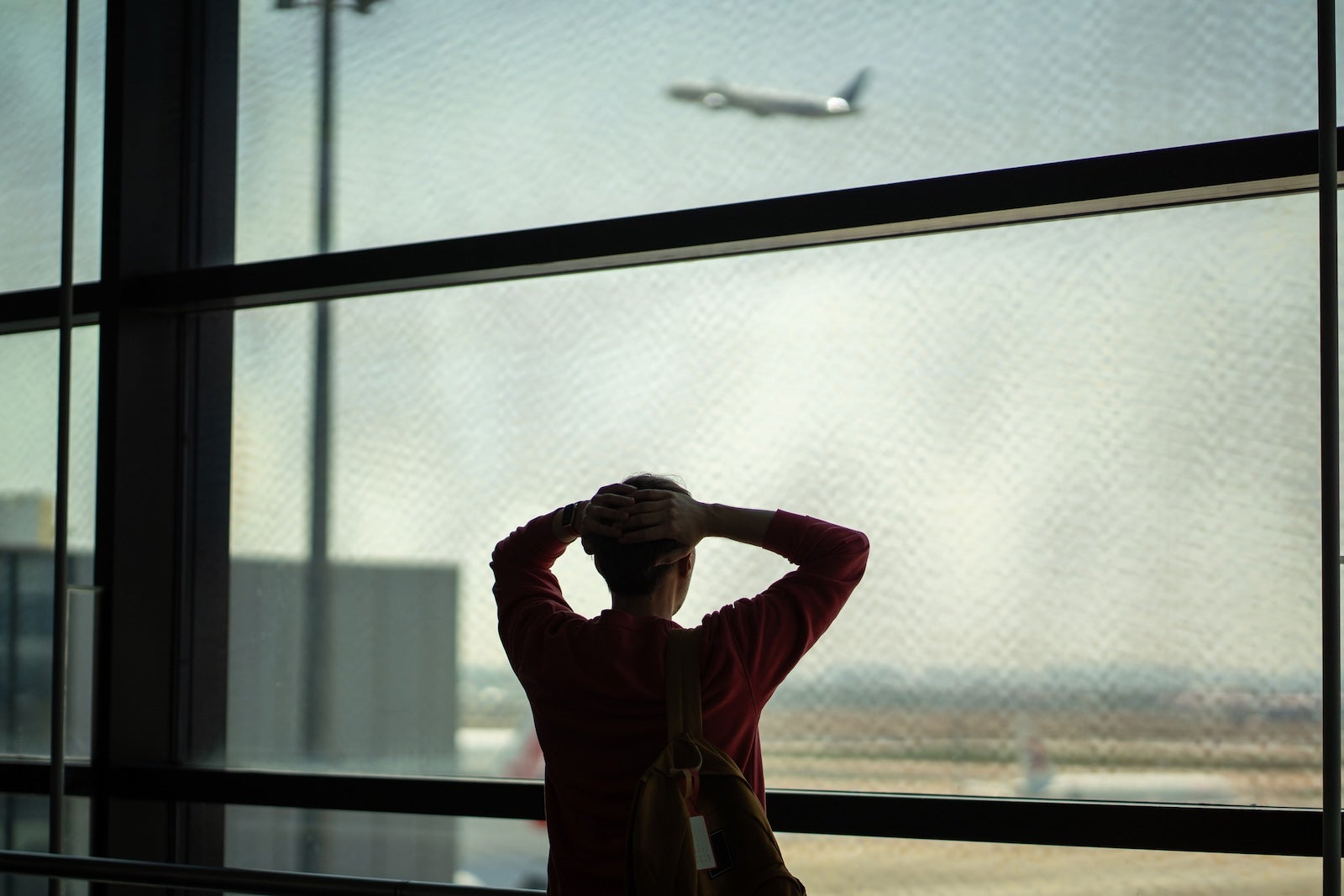The assumption that airlines casually “bump” passengers from oversold flights is largely a myth. Strict penalties imposed by the Department of Transportation incentivize airlines to avoid denying boarding to confirmed ticket holders. However, a surprising number of travelers *are* unexpectedly grounded, and the reasons are often far more common – and preventable – than overbooking.
Consider the stories of three passengers who arrived at the airport anticipating takeoff, only to find their travel plans abruptly halted. Their experiences, ranging from passport issues to suspected illness and avoidable errors, serve as stark warnings. Understanding what causes denied boarding – and how to avoid it – is crucial for every traveler.
One of the most frequent reasons passengers are denied boarding is simply arriving too late for check-in. Many travelers are unaware of the strict cut-off times imposed by airlines. Alex Zhizitskiy learned this the hard way when Frontier Airlines refused to allow his family to board a 6:59 a.m. flight from New York to Las Vegas, despite arriving at the airport at 5:46 a.m.

Frontier requires check-in 60 minutes before departure – a firm deadline. The Zhizitskiys faced a frantic race against the clock to unload luggage, reach the counter, and complete check-in within a mere 12 minutes. They arrived with only minutes to spare, only to be informed of a $25 per person fee for counter assistance. When Zhizitskiy questioned the charge, the agent closed the conversation and denied boarding.
The airline clarified that the fee was for agent assistance, as self-service check-in via the mobile app is free and available up to 60 minutes before departure. While Zhizitskiy was initially convinced of wrongdoing, Frontier’s records confirmed his family had arrived too late. As a gesture of goodwill, Frontier issued a $221 future flight credit.
The lesson is clear: every flight has a strict check-in deadline. This varies by airline, airport, and flight type, so thorough research before travel is essential. Utilizing mobile apps for check-in and planning ample time for airport arrival are vital safeguards.

The check-in counter isn’t the only place where timing is critical. Olha Tarnovetska, already checked in remotely for a Delta flight from Los Angeles to Puerto Vallarta, was denied boarding due to a late arrival at the gate. She was flagged for “additional documents needed” because of an expired green card and was traveling on a Ukrainian passport with a Mexican travel authorization.
Because she arrived just six minutes before departure, Delta canceled her ticket. Despite believing her seat had been given away, the airline explained she needed to be at the gate 15 minutes prior to departure for document review. While Delta ultimately refunded her ticket, the incident highlighted the importance of timely gate arrival.
Airlines have policies dictating when they can cancel a reservation for late gate arrivals, often detailed on boarding passes and in their contract of carriage. Standby passengers and full flights increase the risk of losing your seat if you’re not present on time.

Another common reason for denied boarding is health concerns. Airlines prioritize the safety of all passengers and can refuse to allow visibly ill individuals to board. Kyle Teitelbaum experienced this firsthand when his family was removed from a United Airlines flight after his five-year-old daughter began vomiting.
Despite Teitelbaum’s assurance that his daughter was simply experiencing a temporary upset, the pilot deemed it a potential health risk and ordered the family to deplane. The airline cited FAA regulations allowing crew members to remove passengers when they believe it’s in the best interest of safety.
United offered a $150 flight voucher as a gesture of goodwill, but Teitelbaum’s attempts to seek further compensation were unsuccessful. The incident underscores the importance of staying home when unwell and having travel insurance to cover cancellations.
Being denied boarding is frustrating, but often avoidable. Knowing your airline’s check-in deadlines, arriving at the gate with ample time, traveling only when healthy, and maintaining respectful behavior are all crucial steps. Always verify your travel documents and ensure the name on your ticket matches your identification.
If you believe you’ve been unfairly denied boarding, you can file a complaint with the Department of Transportation. They will require the airline to provide an explanation. Remember, proactive planning and awareness are your best defenses against unexpected disruptions to your travel plans.






